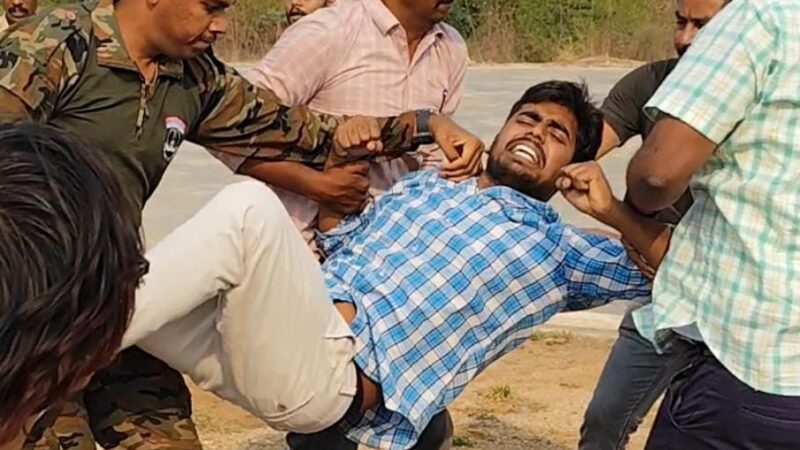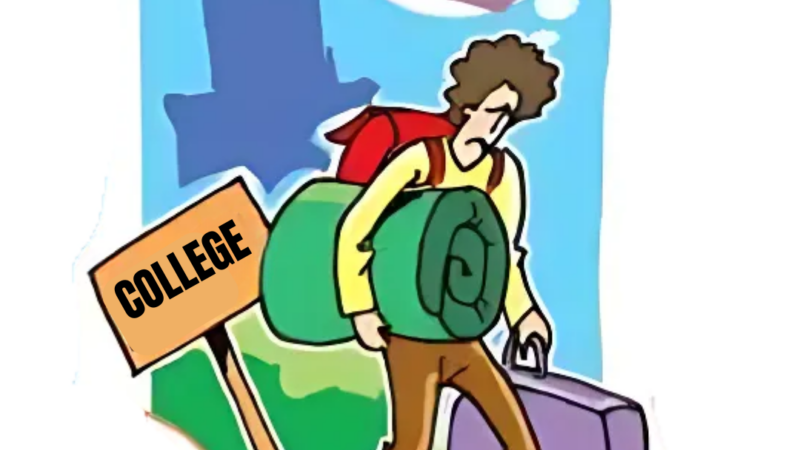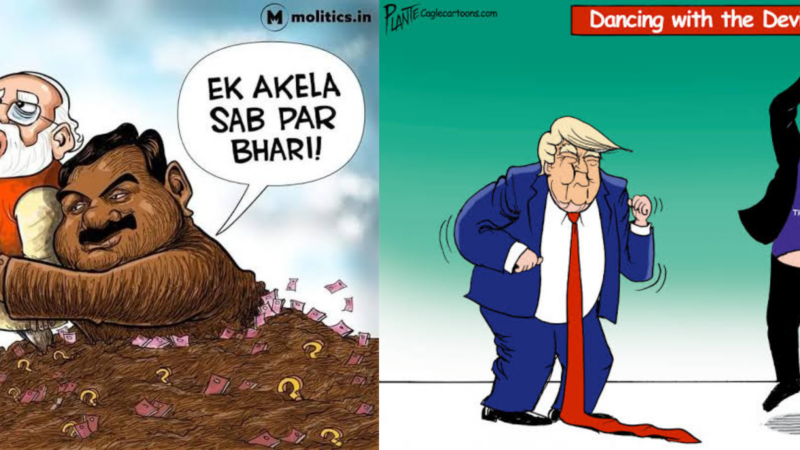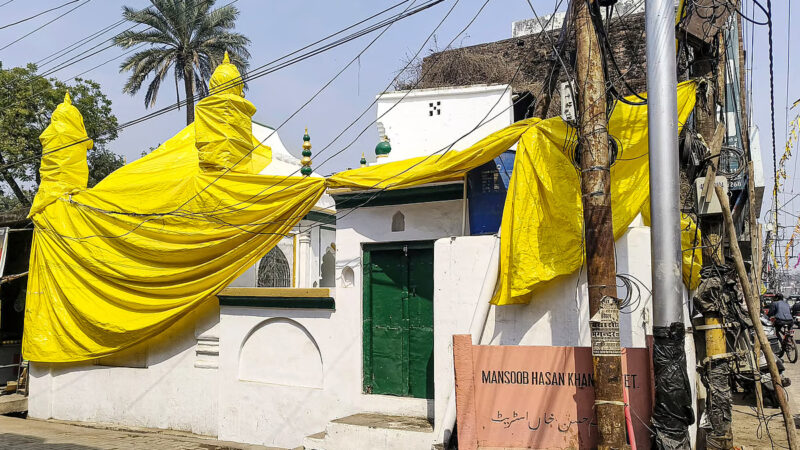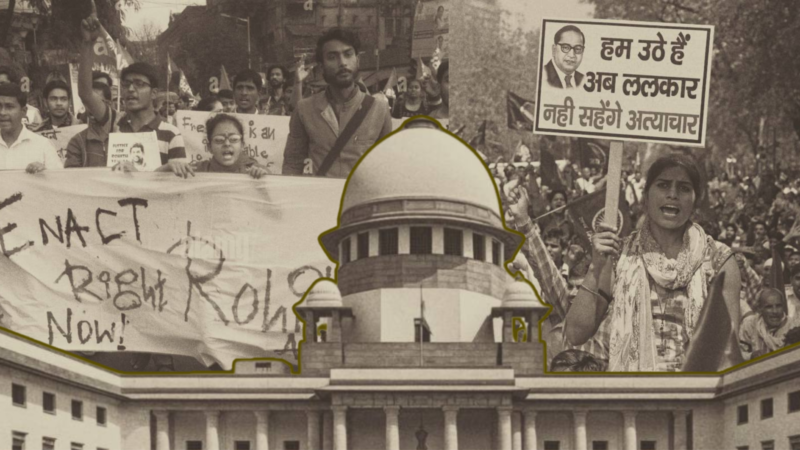When the state responds to humor with violence, it is not just a comedian under attack — it is every voice that dares to dissent
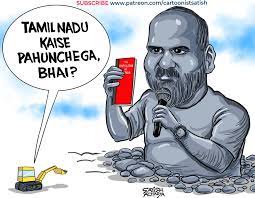
Kunal Kamra, in his stand-up show Naya Bharat at The Habitat in Mumbai, did what artists and thinkers have always done — he spoke truth to power. By taking jibe at the weaponization of institutions like the ED and CBI, the regime’s irrationality during Covid, the obscene exhibition of wealth by the ultra-rich, and the authoritarian Prime Minister Modi and his cohort, Kamra upheld the finest traditions of political satire.
The state’s response? Vandalism by Shinde Sainik storm troopers, police cases of ‘public mischief’ and defamation, and a coordinated campaign of online harassment. This assault on Kamra represents a broader crackdown on dissent, targeting every voice that questions the state’s authoritarian grip. It is a direct attempt to instill fear and silence those who dare to speak truth to power.
State-Sanctioned Silencing
Kamra is the latest target of a regime that thrives on fear and compliance. This government has systematically crushed dissent, using the machinery of the state to muzzle opposition. Consider the blood-stained trail of repression:
- Narendra Dabholkar, Govind Pansare, M.M. Kalburgi, and Gauri Lankesh: Intellectuals assassinated for challenging regressive forces.
- Siddique Kappan: Jailed for reporting on the rape and murder of a Dalit girl in Hathras.
- Umar Khalid, Sharjeel Imam, Gulfisha Fatima, Natasha Narwal, Devangana Kalita, and Rona Wilson: Arrested on fabricated charges for resisting fascism.
- Abhisar Sharma and Punya Prasun Bajpai: Silenced and forced out of their media roles for upholding journalistic ethics.
- Javed Akhtar and Dhruv Rathee: Vilified and attacked for refusing to toe the state’s line. This list is much longer than this.
What does a regime that is afraid of dissent do? It cripples the media
Ever since Narendra Modi assumed Prime Minister’s office, there has been a notable decline in press freedom in India. Journalists have faced increased harassment, arrests, and violence for performing their duties. The government banned a BBC documentary critical of Modi and used emergency laws to force Twitter and YouTube to remove related content.
India ranks 159 out of 180 in the Press Freedom Index. Between 2015 and 2023, the country fell 25 places on the index, now lagging behind neighboring countries like Pakistan, Sri Lanka, and Nepal.
The consolidation of media ownership further threatens independent journalism. Mukesh Ambani, controls more than 70 media outlets reaching at least 800 million Indians, ensuring a pro-government narrative. Most Hindi news channels devote significant airtime to religious propaganda, often inciting hatred against Muslims, and against the political opponts of the BJP ruled gove. By choking critical voices and weaponizing propaganda, the state shields itself from accountability, hoping to manipulate public perception and crush opposition.
Why is the state so desperate to cripple the media? Because it fears dissent. An independent press has the power to challenge the regime’s lies, uncover its failures, and expose its corruption. In the face of rising inequality, communal divisions, and authoritarian policies, the state’s reliance on media control is a desperate act of self-preservation. By dismantling the pillars of independent journalism, the government seeks to erase narratives that expose the truth, silence voices that hold power accountable, and manipulate public perception through a compliant media. Suppressing the media is not a sign of strength; it is the hallmark of a regime terrified of its own people’s awakening.
The well consorted assault on Kunal Kamra by the BJP- Shinde Sen Combine, is a manifestation of the same hate mongering lie peddling game plan of the embedded media.
In standing with Kunal Kamra, we affirm our collective resistance against authoritarianism and our unwavering commitment to free expression. We must stand with every journalist, activist, and artist who has dared to challenge power.
AISA calls upon students, workers, intellectuals, and all progressive forces to resist the regime’s stranglehold on free speech. Every joke they fear, every voice they silence, is a testament to their failure.
It is imperative for us to revisit Tagore’s The Jester, which tells the story of a king so consumed by his own power that even children’s play becomes a threat. In a society where laughter is punished, tyranny reigns unchecked. Today, as comedians like Kunal Kamra face persecution for daring to mock the powerful, we are reminded that fear of laughter is the mark of a fragile regime.
The Jester by Rabindranath Tagore (translated by Palash Baran Pal)
The King of Kanchi invaded Karnat. He won the war. His elephants were laden with sandalwood, ivory, gold and gems. On his way home, he offered his prayers at the temple of Baleshwari, flooding it with the blood of sacrificial animals. He was coming back from the temple after performing the rites, wearing crimson clothes, garlands of red hibiscus, and red sandal marks on his forehead. Only his minister and the court jester accompanied him.
At one place he saw some boys playing in a mango orchard. The king said to his companions, “Let’s see what game they are playing.” The boys had arranged some dolls in two rows and were playing a war game.
The king asked, “Who is fighting whom?”
They said, “Karnat versus Kanchi.”
The king asked, “Who wins and who loses?”
The boys said proudly, “Karnat wins, Kanchi loses.”
The minister frowned, the king’s eyes reddened, the jester burst into laughter.
The boys were still playing when the king came back with his battalion. The king ordered, “Tie each of these boys to a tree and whip them thoroughly.”
Their parents came running from the village. They said, “They are young and innocent, they were just playing. Please forgive them.”
The king called his general and said, “Teach this village a lesson so that they can never forget the King of Kanchi.” And then he retired to his tent.
The general came to meet the king in the evening. He bowed and said, “Sire, the only sound that you will hear now in this village would be the cries of the scavenger animals.”
The minister said, “The king’s prestige is restored.”
The priest said, “Gods and Goddesses are with the king.”
The jester said, “Sire, allow me to take my leave now.”
The king asked, “Why?”
The jester said, “I can’t stab, I can’t kill. By the grace of the God, I can only laugh. I will forget how to laugh if I stay in your court.”
Stop Criminalising dissent!
Expose the State sponsored gag orders on artistes, comedians and Journalists!
Expose the Sell out of Main stream Media houses!
[PC: Satish Acharya]
